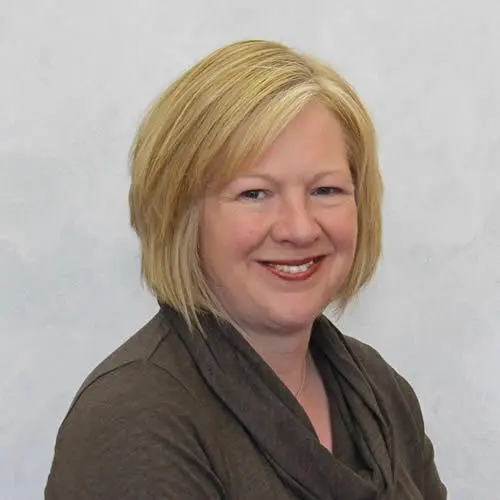Independent quality mark for Genetic Counsellors
The research findings from an academic at the University of Central Lancashire have played a crucial role in highlighting the relatively new profession of genetic counselling.
Now, the Genetic Counsellor Registration Board (GCRB) has been given landmark accreditation by the Professional Standards Authority for Health and Social Care.
Dr Caroline Benjamin is a GCRB Registered Genetic Counsellor and Guild Research Fellow at UCLan within the College of Health and Wellbeing. She specialises in applied healthcare genomics where she is a leader in her professional field.
Commenting on the decision Dr Benjamin said: “The accreditation by the Professional Standards Authority of the Genetic Counsellor Registration Board, announced last week, will help maintain patient safety by providing an accredited register for the 240 GCRB Registered Genetic Counsellors in the UK. I’m extremely pleased to be part of the research community and the GCRB Board at this exciting time.”
Under the Accredited Registers programme, practitioners on the GCRB register will be able to display the Accredited Register quality mark, a sign that they belong to a register which meets the Professional Standards Authority’s robust standards.
"The focus of our research highlights the techniques which help identify individuals and families where it has been proven that incorporating genetic information into healthcare could help prevent or treat disease."
Research at UCLan has helped build the evidence base for this new professional role, including a key contribution to an international review in 2015 of the evidence of the role of the genetic counsellor. The University is also currently leading a review of healthcare interventions such as clinical guidance which help patients access and use genetic counselling services.
In England, NHS genetic counselling services provide families with access to diagnostic and predictive testing, information, patient advocacy and support with decision making. Many genetic tests in the future will be performed outside of specialist genetic centres, in a local hospital or by a GP in primary care.
Dr Benjamin continued: “The focus of our research highlights the techniques which help identify individuals and families where it has been proven that incorporating genetic information into healthcare could help prevent or treat disease, for example identifying which individuals in a family with hereditary cancer would benefit from accessing extra health screening.”
At part of the Lancashire Science Festival Fringe, Dr Benjamin will be taking part in an open debate, organised by the British Science Association, Lancashire Branch, on Thursday 23 June at 7pm in the Adelphi pub, Preston. The topic of the debate will be “Who Owns Your Genes?”
Register online for the debate.


